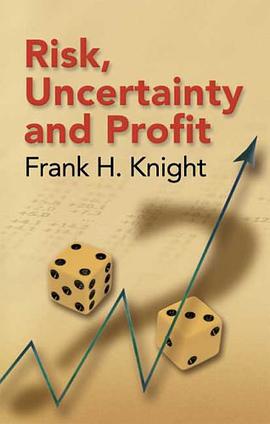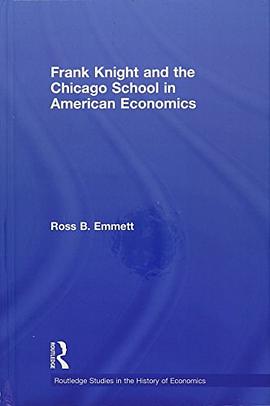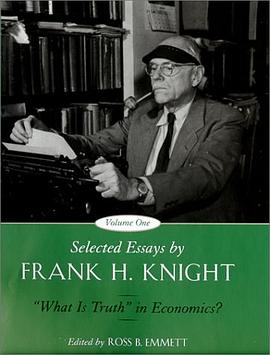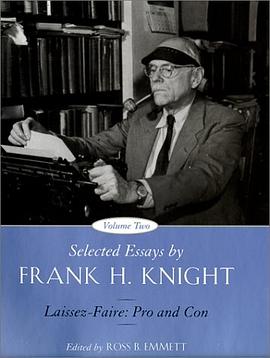Over the last twenty years, Ross B. Emmett has explored the work of Frank H. Knight, the philosopher of the Chicago School of economics. Knight occupies a paradoxical place in the history of Chicago economics: vital to the tradition's teaching of price theory and the twentieth-century re-articulation of the defense of free enterprise and liberal democracy, yet a critic (in advance) of the empirical and methodological orientation that has characterized Chicago economics and the rest of the discipline in the post-war period, and skeptical of liberalism's prospects.In the course of his investigation of Knight's work, Emmett has written not only about Knight's economics and philosophy, the nature of Chicago economics, and Knight's place in the Chicago tradition, but also about the application of hermeneutic theory to the history of economics, the relation of the history of economic thought to the discipline of economics, and the relation between economics and religion. His eight-volume collection of primary-source material on "The Chicago Tradition in Economics, 1892-1945" was published by Routledge in 2001.




